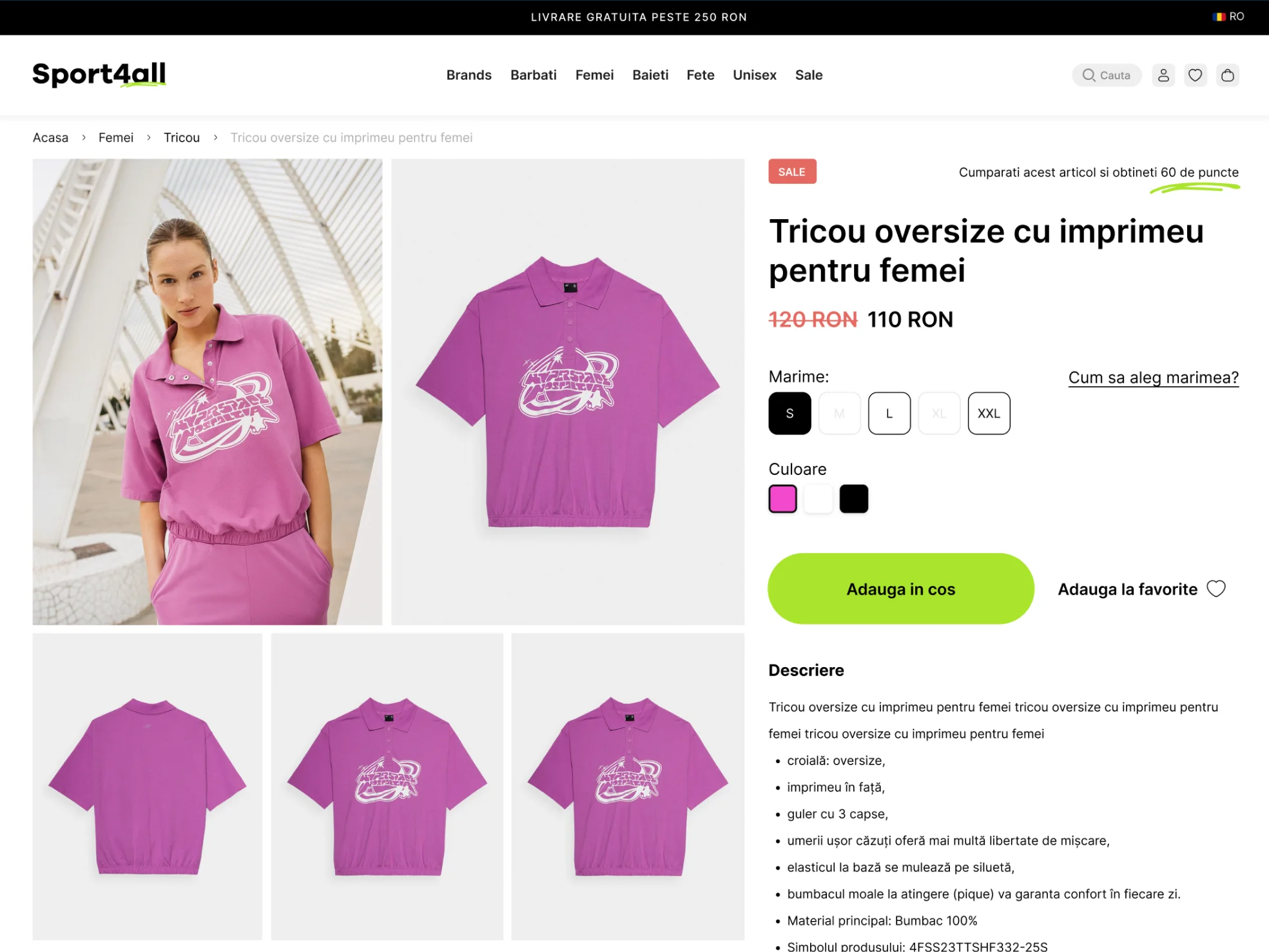Best Ecommerce Payment Providers

What exactly is an ecommerce business? Simply put, it is the buying and selling of goods and services online. Unlike traditional brick-and-mortar stores, ecommerce businesses operate entirely on the internet, allowing customers to browse, select, and purchase products or services from the comfort of their own homes.
One of the key components of a successful ecommerce business is a well-designed online website. This serves as the virtual storefront where customers can explore the products or services offered, make purchases, and engage with your brand. Having to design an ecommerce website requires careful planning and consideration to ensure a seamless user experience. You want to create a website that is visually appealing, easy to navigate, and optimized for mobile devices.

How to Design an Ecommerce Online Website
Designing an ecommerce online website requires a thoughtful and strategic approach. Here are some important steps to consider:
1. Define your goals and target audience
Before diving into the design process, it’s crucial to define your goals and identify your target audience. Understanding your goals will help guide your design decisions and ensure your website aligns with your overall business objectives. Similarly, knowing your target audience will allow you to tailor your website’s design, content, and user experience to meet their needs and preferences.
2. Research your competitors
Researching your competitors is an essential step in designing a successful ecommerce website. Analyze their websites to gain insights into industry best practices, identify areas for improvement, and differentiate your brand. Pay attention to their design elements, user experience, product presentation, and overall branding strategy. This research will help you identify opportunities to stand out and create a unique online presence.
3. Choose the right platform or CMS
Selecting the right platform or content management system (CMS) is crucial for the success of your ecommerce website. There are numerous options available, each with its own strengths and weaknesses. Consider factors such as ease of use, customization options, scalability, and integration capabilities. Popular ecommerce platforms include Shopify, WooCommerce, and Magento. Consulting with a web design agency specializing in ecommerce can help you make an informed decision based on your specific requirements.
4. Optimize for mobile devices
With the increasing use of smartphones and tablets, it’s essential to optimize your ecommerce website for mobile devices. Mobile responsiveness ensures that your website looks and functions seamlessly on different screen sizes. This is crucial for providing a positive user experience and maximizing conversions. Responsive design allows your website to adapt to various devices, ensuring that your products or services are easily accessible to a wider audience.
5. Implement secure payment options
The success of your ecommerce business hinges on providing secure and convenient payment options to your customers. Choose a reliable payment gateway that offers encryption and fraud protection. Popular payment gateways include PayPal, Stripe, and Authorize.Net. Providing a variety of payment options, such as credit cards, digital wallets, and bank transfers, can help cater to different customer preferences and increase conversion rates.
What are the Best Ecommerce Payment Providers
When it comes to ecommerce payment providers, there are several options to choose from. Here are some of the best ones in the industry:
1. Stripe
Stripe is a popular payment provider known for its developer-friendly platform and robust features. It offers a simple integration process and supports a wide range of payment methods, including credit cards, digital wallets, and local payment options. Stripe also provides advanced fraud protection and real-time data analytics, empowering businesses to optimize their payment processes.
2. PayPal
PayPal is one of the most widely recognized and trusted payment providers in the world. It offers a seamless and secure payment experience for both businesses and customers. With PayPal, customers can make purchases using their PayPal account or credit/debit cards. It also allows businesses to accept payments in multiple currencies, making it ideal for global ecommerce operations.
3. Revolut
Revolut is a reliable payment provider that has been serving ecommerce businesses for over two decades. It offers a robust set of features, including secure payment processing, recurring billing, and fraud detection tools. Revolkute integrates seamlessly with popular ecommerce platforms and provides excellent customer support.
Choosing the right ecommerce payment provider depends on your specific business needs, target audience, and budget. It’s important to evaluate each provider’s features, pricing structure, security measures, and customer support before making a decision.
4. Square
Square is a comprehensive payment provider that caters to both online and offline businesses. It offers a suite of tools and services, including payment processing, point-of-sale systems, and inventory management. Square’s user-friendly interface and competitive pricing make it an attractive option for small to medium-sized ecommerce businesses.
Conclusion – DIY or hire a Specialized Ecommerce Web Design Agency?
Designing an ecommerce website and selecting the best payment provider are crucial steps in building a successful online business. However, these tasks can be complex and time-consuming, requiring expertise in web design, user experience, and ecommerce functionality. That’s why it’s highly recommended to hire a specialized ecommerce web design agency.
A specialized agency like Creatif Agency can provide valuable guidance and expertise throughout the entire process. They have the knowledge and experience to design a visually appealing and user-friendly ecommerce website that aligns with your brand identity. Additionally, they can assist in selecting the best ecommerce payment provider based on your business requirements and target audience.
By collaborating with a specialized agency, you can save time, avoid costly mistakes, and ensure a seamless online shopping experience for your customers. So, don’t hesitate to reach out to a professional ecommerce web design agency to take your online business to new heights.










